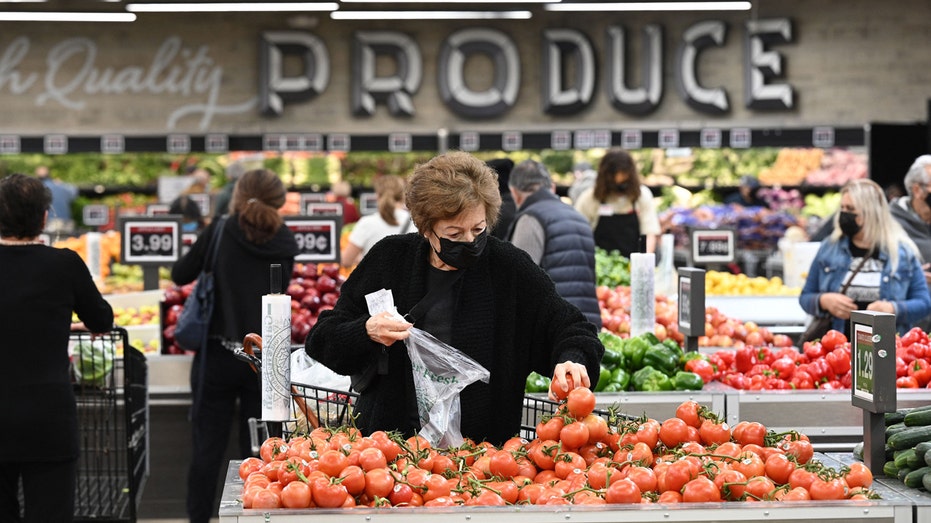Has inflation peaked in the US?
Economists are divided over whether inflation will march higher
Policy choices are driving inflation: Economist
Economist Geoffrey Okamoto weighs in on the IMF cutting global growth forecasts on the Russia-Ukraine war.
Inflation is running at the hottest pace in more than four decades, and consumer prices could march even higher before they begin to subside.
The Labor Department reported last week that the consumer price index, which measures a bevy of goods including gasoline, health care, groceries and rents, rose 8.5% in March from a year ago, the fastest pace since December 1981. Prices jumped 1.2% in the one-month period from February, the largest month-to-month jump since 2005.
INFLATION THREATENS TO UNDERCUT BIDEN'S INFLATION PLAN
The reading elicited some hope among economists that inflation may have peaked: That's because the largest driver of higher inflation last month was higher energy costs — a reflection of the Russian war in Ukraine, which sent gas prices in the U.S. to the highest since 2008.
Energy prices rose a stunning 11% in March from the previous month, and are up 32% from last year. Gasoline, on average, costs 48% more than it did last year after rising 18.3% in March on a monthly basis as the Russian war in Ukraine fueled a rapid increase in oil prices.
"Inflation likely peaked in March, with the biggest contributions coming from gasoline and food prices, which could stabilize in the next few months," said Robert Frick, a corporate economist at the Navy Federal Credit Union. "But high inflation will be with us at least through the summer because increases in other prices, especially shelter and services, will be sticky."
By stripping out gas and food prices, which are more volatile, so-called core prices climbed 6.5% in March from the previous year — up from the 6.4% increase recorded in February. It was the steepest 12-month increase since August 1982. However, on a month-over-month basis, prices rose just 0.3% in March, compared it 0.5% in February. It marked the lowest increase since September 2021.

People shop for groceries at a supermarket in Glendale, California Jan. 12, 2022. (ROBYN BECK/AFP via Getty Images / Getty Images)
Others are more skeptical that rising prices are beginning to subside: RSM chief economist Joe Brusuelas told FOX Business that he thinks the inflation wave has "probably not" crested yet, though the end could soon be in sight.
"If the status quo holds, we're almost certain to observe a peak of inflation this quarter," Brusuelas said. "The topline number should drop rather sharply in coming months."
GET FOX BUSINESS ON THE GO BY CLICKING HERE
There are three major risks to the inflation outlook right now, all of which are external to the workings of the U.S. economy, he said: a wider conflict breaking out in Eastern Europe, the European Union cutting off imports of oil and natural gas — which would send oil prices higher and drag gas prices with them — and persistent COVID-19 lockdowns in China that further exacerbate already snarled supply chains.
"Inflation should ease here," Brusuelas said. "But it will probably be two to three years before we’re back towards anywhere near 2%," which is the Federal Reserve's preferred target for inflation.





















